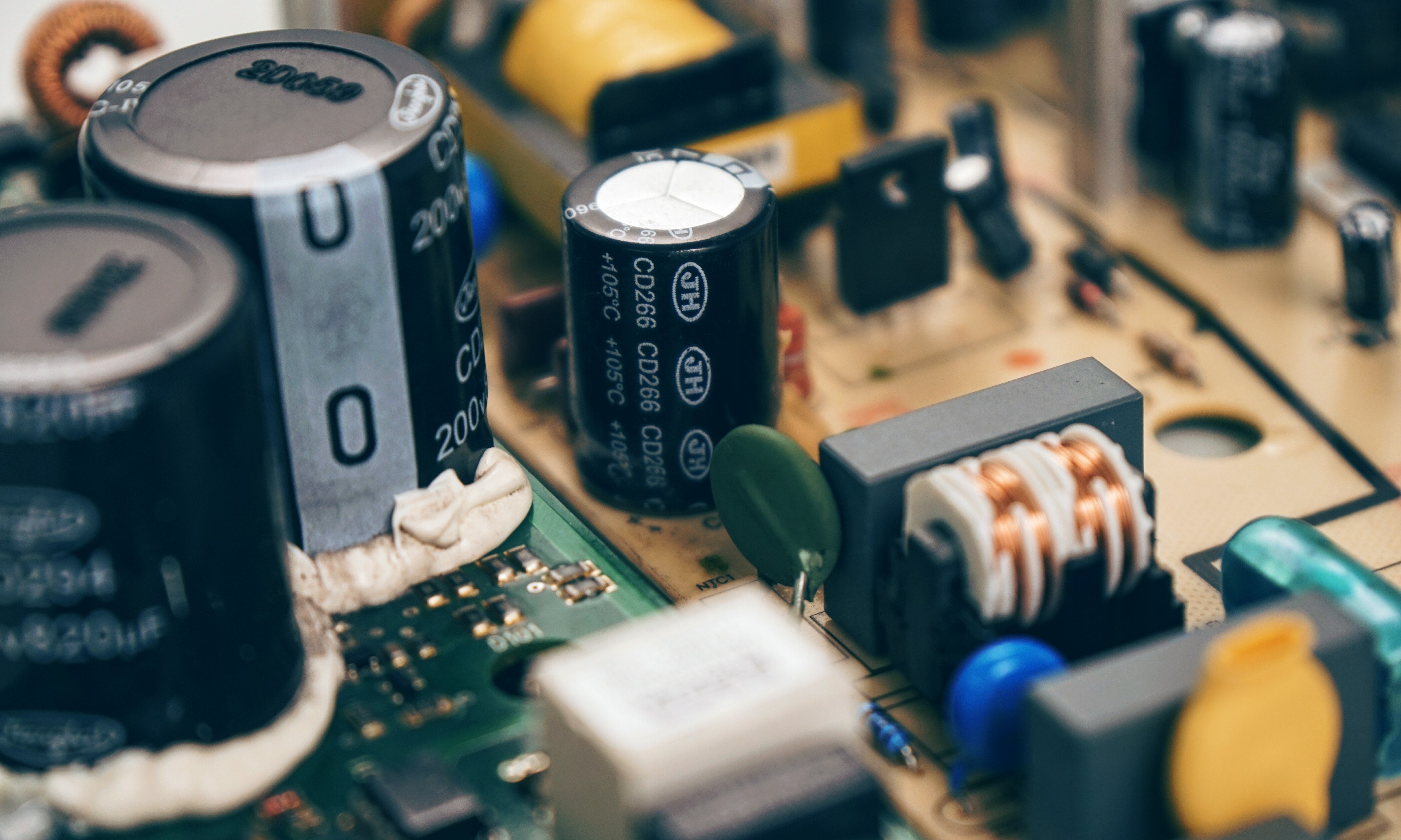A New Era: Application of Up-And-Coming Electrode Materials in High-Performance Supercapacitors and the Recent Research Trends
Online via Webex

The LAU School of Arts and Sciences invites you to the talk event
A New Era: Application of Up-And-Coming Electrode Materials in High-Performance Supercapacitors and the Recent Research Trends
as part of its Research Seminar Series
About the speaker
——————————————
Dr. Onur Karaman
Associate Professor of Physics
Deputy Director of the Vocational School of Health Services
Akdeniz University
About the event
——————————————
Supercapacitors, also known as electrochemical capacitors, are energy storage devices that offer high power density, fast charge/discharge rate and long cycle life, making them promising candidates for various applications such as electric vehicles, portable electronics and renewable energy systems. In recent years, there has been a growing interest in developing new electrode materials with unique properties and structures to improve the performance and efficiency of supercapacitors.
Various types of nanomaterials, including carbon nanotubes, graphene, metal oxides and conducting polymers, have been utilized as electrode materials due to their high surface area, excellent conductivity and unique electrochemical properties. Except for these materials, there are some other types of up-and-coming electrode materials for supercapacitors such as MXene, a two-dimensional transition metal carbide or nitride, metal-organic frameworks (MOFs), transition metal dichalcogenides and their hybrids. These materials offer advantages such as high specific capacitance, fast charge/discharge rate and good stability, making them promising for the development of high-performance supercapacitors.
Another research trend is the design and optimization of supercapacitor architectures. Advanced techniques such as 3D printing, template-assisted synthesis and self-assembly have been used to fabricate complex and hierarchical electrode structures with enhanced electrochemical performance. Moreover, the integration of supercapacitors with other energy storage systems, such as batteries and fuel cells, has been explored to enhance the overall energy storage and conversion efficiency.
The development of new electrolytes, including ionic liquids, organic electrolytes and hybrid electrolytes, has also been an important research trend in supercapacitors. These electrolytes can provide high ionic conductivity, a wide operating voltage range and good compatibility with electrode materials, leading to improved performance and stability of supercapacitors.
In summary, the new research trends in supercapacitors are important for developing high-performance and sustainable energy storage systems. Nanomaterials, advanced architectures and novel electrolytes are among the key areas of focus in supercapacitor research, and their development could enable the practical application of supercapacitors in various fields. The diverse range of materials and structures being explored presents exciting opportunities for enhancing the performance, durability and versatility of supercapacitors, as well as for addressing the energy challenges of the future.
You may join the seminar in person or online by clicking on this link.